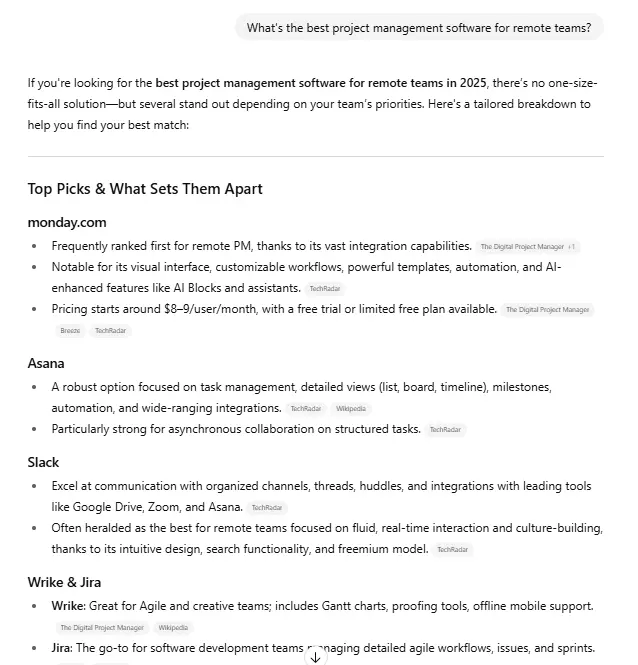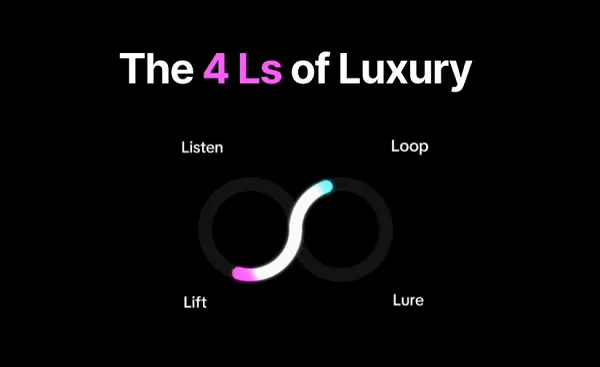Google Completes March Spam Update, Core Update Continues via @sejournal, @MattGSouthern
Google concludes March spam update targeting AI content and authority abuse; core update continues. The post Google Completes March Spam Update, Core Update Continues appeared first on Search Engine Journal.

Google has announced the completion of its spam update rollout, which began on March 5, alongside a core update.
The spam update, which took approximately two weeks to deploy fully, targeted scaled content production, expired domain misuse, and authority abuse.
The core update, which incorporates the “Helpful Content” evaluation into the core algorithm, is still ongoing and is expected to take around four total weeks to complete.
Spam Update Rollout Completed
On March 20 at 6:09 PDT, Google confirmed that the spam update rollout had concluded.
The announcement came via an update to Google’s Search Status Dashboard.

With this update, Google has implemented three new spam policies targeting scaled content abuse, expired domain abuse, and site reputation abuse.
While the first two policies were immediately enforced, the site reputation abuse policy will be effective starting May.
Impact On Websites & Search Results
The completion of the spam update rollout brings new clarity to the search landscape, as publishers and SEO professionals can now get an idea of the changes’ impact.
Early data from SISTRIX revealed significant gains and losses across various domains, with some websites experiencing a complete removal from Google’s search index.
Following introducing the new spam policies, Google issued numerous manual actions to address pure spam issues.
A study by Originality.ai found that 100% of the deindexed websites showed signs of AI-generated content, with half of the sites having 90-100% of their posts created by AI.
However, these manual actions are separate from algorithmic demotions.
The main difference is that manual actions are carried out by Google’s human reviewers and are accompanied by a notification in Search Console.
In contrast, algorithmic ranking updates, such as the March spam update, happen automatically and do not result in notifications from Google.
A website can be impacted simultaneously by both a manual action and an algorithmic update.
Core Update Still In Progress
While the spam update rollout has concluded, the core update, which began simultaneously, is still in progress.
Google has indicated that the core update will take a few more weeks to complete as it integrates the “Helpful Content” evaluation into the core algorithm.
As the core update continues, SEO professionals and content creators should focus on creating original, high-value content that resonates with their target audience.
Google’s Search Liaison, Danny Sullivan, has urged patience and caution, emphasizing the importance of waiting for the update to be fully completed before making significant changes in response to ranking fluctuations.
I would let the update complete before deciding if there are any fundamental changes you might want to make. There might not be any to do at all.
Your site seems clean and nice. Going through the site, I see [steak pie] as one of your featured recipes. You're in the carousel and…
— Google SearchLiaison (@searchliaison) March 15, 2024
Adapting To The New Search Landscape
With the spam update rollout now complete, website owners and content creators can begin to adapt to the new search landscape. This may involve auditing existing content, reworking AI-generated material, and prioritizing human creativity and editorial oversight.
As the SEO community continues to monitor the impact of both updates, it’s clear that Google remains committed to promoting original, high-value content and combating low-quality, spammy material.
The full impact of these updates will become more evident in the coming weeks as the core update completes its rollout and the search results settle into their new patterns.
Featured Image: Bayu Eka Y/Shutterstock

 Troov
Troov 































